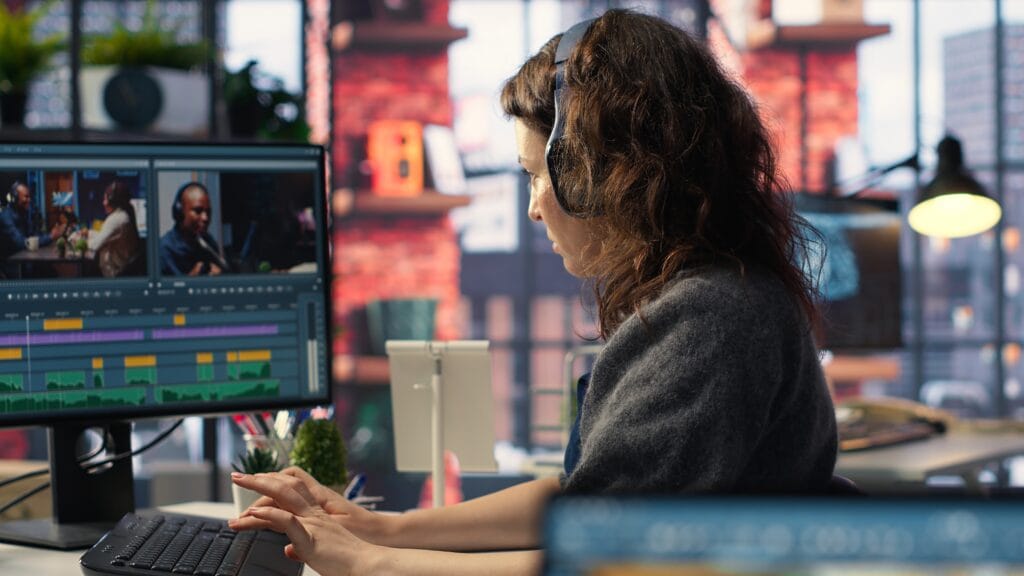Accessible Media > Social Stories
Social stories help people—especially children and young people with autism spectrum disorder (ASD), learning differences, or social communication challenges—understand situations that might otherwise be confusing, overwhelming, or unpredictable.
A social story about visiting the dentist might explain:
What the dentist’s office looks like.
Who will be there.
What will happen during the visit.
How the person might feel and what they can do (e.g., “It’s okay to feel nervous”).
Direct Access’ social stories are unique for their authenticity and inclusivity. Each social story is developed by a dedicated team that includes individuals with disabilities and neurodiverse perspectives.
Working with you, we bring unique insight, empathy, and relevance, creating bespoke social stories that are not only informative but also respectful and empowering. Our goal is to prepare, reassure, and guide behavior in a positive, non-judgmental way.
A social story can be especially valuable in a busy built environment—such as a transport hub, shopping centre, stadium, or public building—because these spaces often feel overwhelming, unpredictable, and stressful, particularly for individuals who are neurodiverse, have sensory sensitivities, or experience anxiety in crowded places.
This not only makes the environment more accessible and inclusive, but also improves visitor flow, reduces stress-related incidents, and enhances the overall experience for everyone.

Here are the main reasons why social stories are used and can bolster accessibility and inclusivity at your site:
We specialise in developing content that is accessible for Deaf, hard of hearing, visually impaired and neurodiverse people. Our clients range from local authorities to museums and art galleries.
Our Accessible Media team offers:
